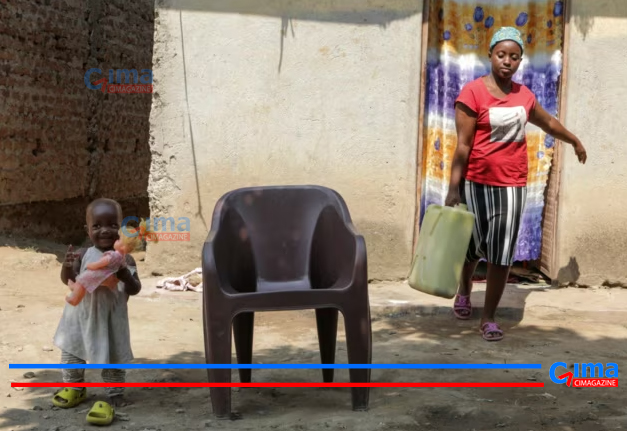Worldwide, 1 in 20,000 people are born with albinism. In Tanzania, the number is closer to 1 in 14,000. With a population of 66.46 million, this means more than 40,000 people are living with albinism in Tanzania, one of the highest rates of albinism in the world. People with albinism, or PWAs, face negative stereotypes. Regardless of where they live, PWAs often face stigma and discrimination due to misconceptions and negative stereotypes about their condition. In Tanzania, that stigma can lead to deadly consequences. Society’s ignorance regarding albinism in the country fuels harmful stereotypes and sparks social injustices and human rights abuses by fellow citizens. PWAs report being met with indifference from some state agencies and institutions that should provide support. When ADRA and their partners, created the Action for the Rights and Inclusion of Children with Albinism (AFRICA) project in the Morogoro and Dodoma regions of Tanzania, the goal was to contribute towards relieving the suffering of 400 children and their mothers and guardians. They knew raising awareness was a crucial step to that goal. Through the AFRICA project, ADRA is advocating for the rights and inclusion of people living with albinism through awareness activities in communities and schools. The project also includes strengthening the Tanzanian Albinism Society (TAS) in hopes it will become an active civil society actor, as well as establishing an education fund for children with albinism with partners. The project especially focuses on children because of the unique risks and obstacles they face. Access to school, experience in the classroom, and even interaction with other children is often limited for children with albinism due to impaired vision, extreme sensitivity to the sun with an elevated risk of skin cancer, and other challenges associated with the condition. With less education and increased discrimination, adults with albinism find they cannot compete in the job market and job options are limited. With these challenges in mind, ADRA’s awareness training extended to teachers who did not have experience with children with albinism and didn’t know how to support their unique needs. After training, teachers are now working with school health clubs using music, dance, and drama, or “edutainment” approaches, to create a safe and secure school environment. People with albinism are considered one of the most vulnerable and marginalized groups in Africa, and one reason is the threat of ritual violence they face. This grim practice is fueled by widespread superstition that associates magical properties with the body parts of people with albinism and often targets women and children. More than 80 PWAs have lost their lives to ritualistic murders in the last 24 years, and many more have been injured in the violent attacks. ADRA’s AFRICA project provides health insurance to the more than 400 families it helps, allowing them access to medical services in their communities under the National Health Insurance Scheme.
Albinism: Spreading Awareness and Breaking the Stigma


Edward’s Story
Edward goes to school high up in the mountains of Nyandira, in the Morogoro region of Tanzania.
Because of ADRA’s AFRICA program, the 5th grader has learned ways to protect himself from the sun and appreciates the training his school and teachers have received about albinism.
“Before the training, I had a few challenges,” said Edward. “I could not see clearly in the classroom because I did not have a front seat, but after the albinism training, I now sit in the front of the classroom.”
He also is happy because his classmates now understand more about his condition and help him with his class notes when he needs them.
Naomi’s Story
Two of Naomi and David’s three children have albinism.
Naomi stays home to take care of the children, and she has seen the impact of ADRA’s AFRICA project in the lives of 9-year-old Reshimy and 1-year-old Daarnish.
She was especially grateful to receive an insurance card for her family.
“My first child has asthma,” she said. “So, the health card has helped me when I go to the hospital because I receive service and medicine quicker than before.”
Naomi is also grateful for the mothers’ groups ADRA has formed for mothers of children with albinism. She says those groups “bring hope and unity” to the women caring for their children.
ADRA is helping mothers and guardians of children with albinism in Tanzania by training and supporting them to start and grow small businesses. This support encourages self-reliance and promotes dignity for people with albinism in the community.








